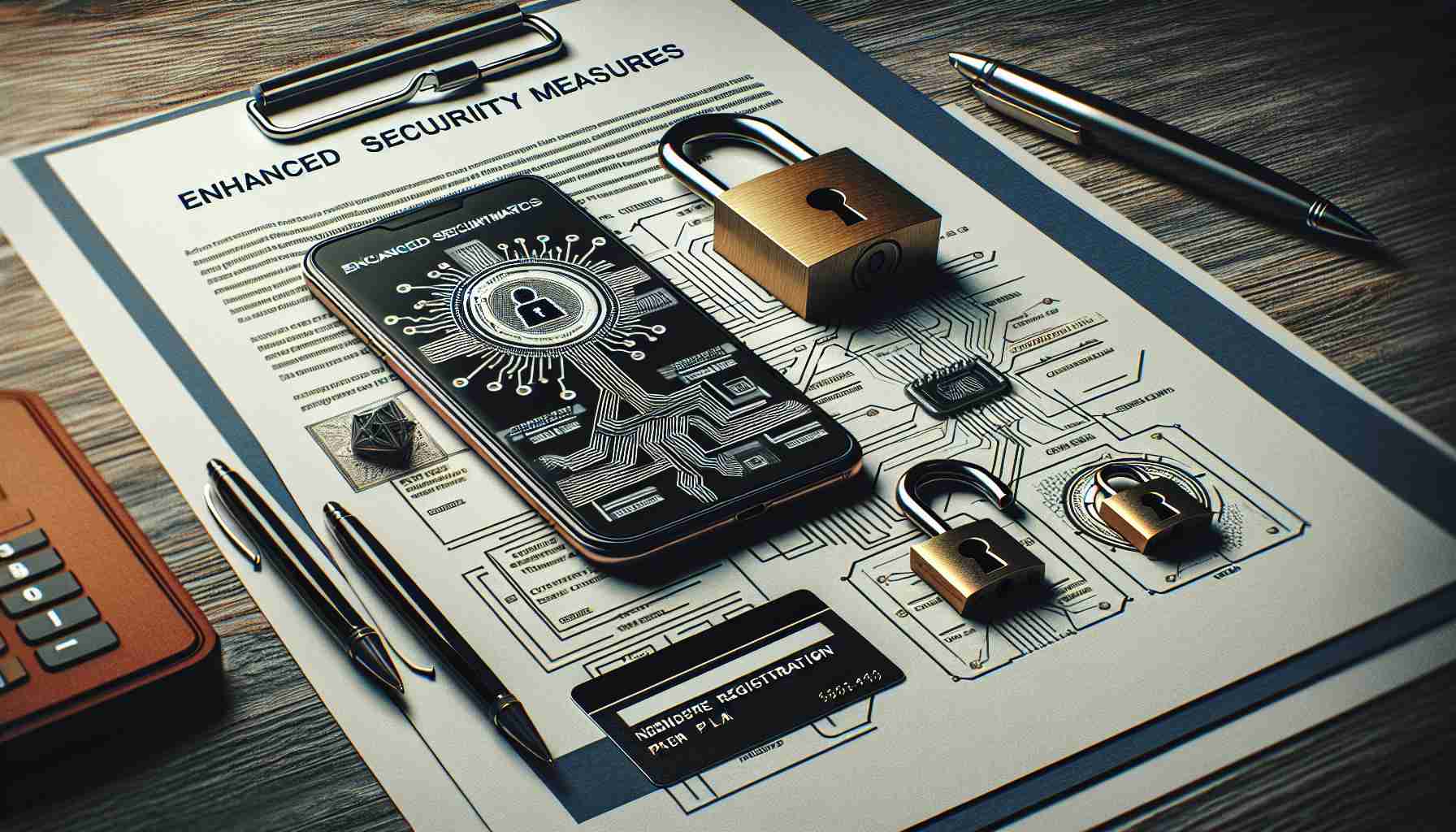Thailand’s telecom watchdog is launching a major initiative targeted at increasing the security of mobile banking and thwarting fraudulent activities. The National Broadcasting and Telecommunications Commission (NBTC) has joined forces with the Anti-Money Laundering Office (AMLO), telcos, and banks, aiming to link mobile phone numbers with the true identities of individual banking clients.
The campaign spearheaded by the NBTC contemplates a thorough inspection of mobile banking connections, focusing on eliminating the misuse of so-called “mule accounts.” These accounts are often implicated in scams exploiting smartphone users. An extensive cross-verification process will be conducted, checking the consistency between SIM card registration data against AMLO-provided and banking data concerning potentially suspicious accounts.
Leading the charge, NBTC Commissioner Pol. Gen. Nathathorn Prousoontorn is at the forefront of the subcommittee assigned to enforce law regarding technological infringements, and he is responsible for overseeing the verification and alignment of an estimated 106 million mobile banking accounts. This endeavor is scheduled to commence on May 27, with a completion target set for 120 days post-start.
Ahead of this comprehensive audit, a meeting on May 21 will be held to detail and confirm the strategies and techniques to be utilized. Should any irregularities surface during the review, immediate notification will be provided to AMLO and the corresponding banks. These entities will then reach out to the account holders in question to rectify the situation where SIM cards and account names do not match, thereby bolstering overall banking security.
Important Questions and Answers:
1. Why is aligning mobile phone registrations with bank accounts necessary?
Aligning mobile phone registrations with bank accounts is crucial for preventing financial fraud, particularly through mobile banking platforms. It helps ensure that each mobile number is linked to the identity of the person who is using it to access bank accounts, which can significantly reduce instances of identity theft and unauthorized transactions.
2. What are the key challenges associated with the NBTC’s plan?
One of the key challenges is managing the privacy concerns of individuals since linking phone numbers with bank account information involves sharing personal data across different entities. Additionally, implementing the verification process without causing significant disruption to consumers can be logistically challenging. There is also the potential for technical issues to arise during the cross-verification of such a large number of accounts.
3. What controversies could arise from this initiative?
Controversy may stem from privacy advocates who argue that such measures could lead to increased surveillance or misuse of personal information. Others may express concerns about the exclusion of individuals who might not have access to formal banking services.
Advantages:
– Enhanced Security: The initiative would make it harder for fraudsters to use mobile banking channels for illicit activities, improving overall financial security.
– Financial Integrity: It supports anti-money laundering efforts by making it easier to track financial transactions to real individuals.
– Consumer Protection: Consumers will be better protected from scams and unauthorized account access, potentially reducing financial losses due to fraud.
Disadvantages:
– Privacy Concerns: Linking phone numbers to bank accounts raises data privacy issues, and the potential for mishandling of data is a concern.
– Inclusion Issues: Individuals without formal identification or bank accounts might face increased difficulties in accessing telecommunication services.
– Implementation Hurdles: Building the required infrastructure and ensuring compliance from all stakeholders can prove difficult and costly.
Suggested related links might include:
– Anti-Money Laundering Office (AMLO)
– National Broadcasting and Telecommunications Commission (NBTC)
Please note: As an AI, I cannot access the internet to verify current URLs, so you should check the URLs to confirm they are valid before using them.
The source of the article is from the blog oinegro.com.br
